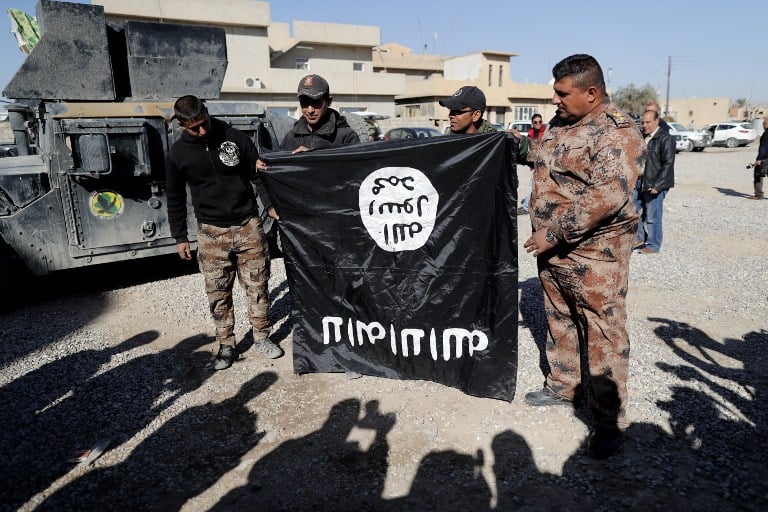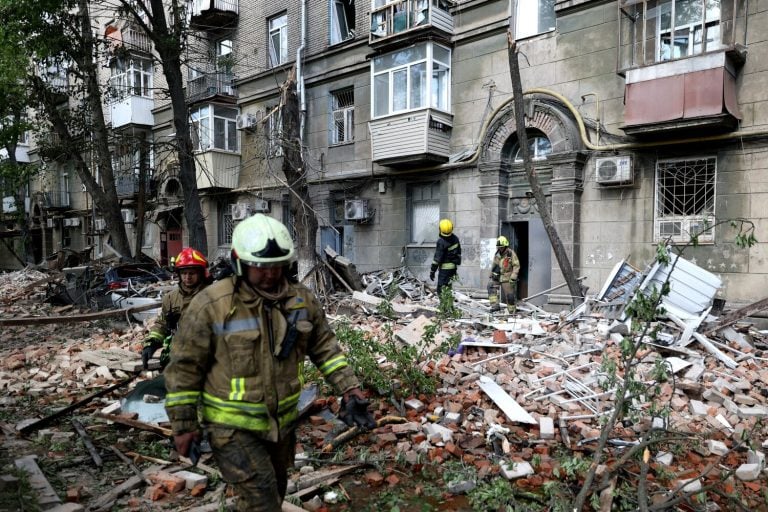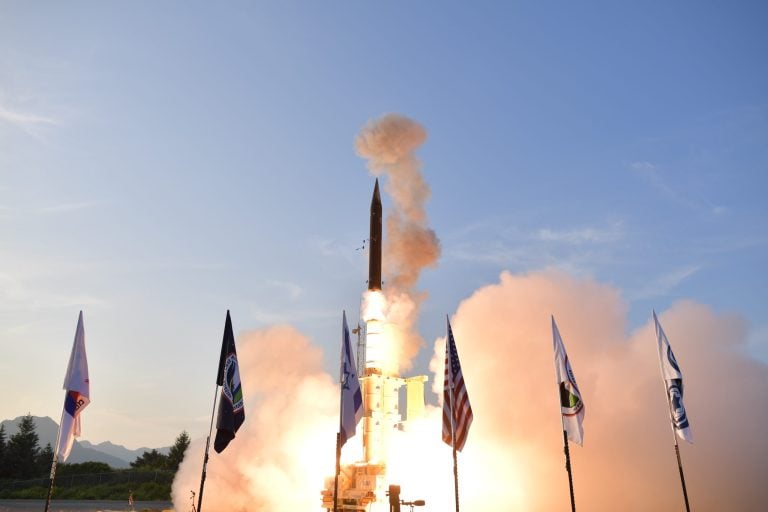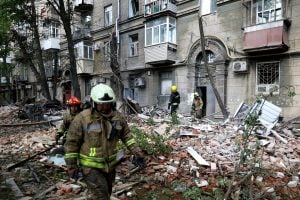Jihadist activities in Africa’s Sahel region have intensified alarmingly over the past few years, with the operational area of these groups expanding to more than one million square kilometers—an expanse roughly twice the size of Spain. This surge in violence has resulted in approximately 77,000 deaths, as highlighted by an AFP analysis of data from the Armed Conflict Location and Event Data Project (ACLED).
The alarming rise in attacks is largely attributed to factions affiliated with Al-Qaeda, such as the Group for the Support of Islam and Muslims (JNIM), and the Islamic State (IS). According to the analysis, these groups are now executing operations across nearly all of Mali and Burkina Faso, extending from western Niger and Nigeria to the Senegal border.
In 2019, the number of recorded attacks stood at around 1,900, primarily concentrated along the border between Mali and Burkina Faso. This number skyrocketed to over 5,500 attacks in 2024, with an already staggering total of 3,800 attacks logged between the beginning of 2025 and October 10. Cumulatively, nearly 28,715 attacks have been documented within the past six years.
The conflict in the Sahel is compounded by a second significant violent hotspot near Lake Chad in eastern Nigeria, where groups like Boko Haram and the Islamic State West Africa Province (ISWAP) are also active.
The United Nations estimates that the jihadist groups operate with approximately 7,000 to 9,000 members, with ISWAP alone accounting for an estimated 8,000 to 12,000 fighters. These groups adeptly exploit the prevailing social and ethnic tensions to recruit new members from some of the world’s poorest regions. Their funding methods are diverse, involving kidnapping for ransom, cattle rustling, and imposing an “Islamic tax.”
Analysts note that recruitment strategies vary, with some individuals lured by offers of financial compensation for one-off operations, while others are motivated through ideological indoctrination.
Since 2019, around 76,900 deaths have been linked to violence from jihadist groups, with many fatalities stemming from clashes with state armed forces. Civilian casualties have also been significant, with nearly 16,000 deaths attributed to direct attacks on non-combatants. Notably, Nigeria has reported more than 20,000 deaths, but the majority of casualties have occurred in Mali and Burkina Faso, which together account for over 56 percent of regional fatalities.
Both Mali and Burkina Faso are currently governed by military juntas that have recently removed Western troop presences, including French forces. Their security strategies, which heavily emphasize military responses, have so far garnered limited success and may even contribute to the expansion of jihadist influence due to a persistent inability to tackle the socio-economic root causes of insecurity.
Recent data regarding attacks reveals that JNIM is actively working to isolate the capitals of Burkina Faso and Mali by increasing assaults on surrounding transport routes. Since 2019, their activities have expanded significantly, now encroaching upon the capital of Burkina Faso, Ouagadougou, and jeopardizing its links to neighboring countries like Ivory Coast, Togo, and Mali.
In Mali, the capital Bamako, which was distant from conflict zones until four years ago, has seen a dramatic rise in attacks on its road networks, with 130 incidents recorded in 2025 alone—ten times more than in the entire year of 2021. This expansion of jihadist activity raises significant concerns about supply chains and accessibility, particularly in vital economic corridors such as the Malian region of Kayes, which borders Senegal, Mauritania, and Guinea.
JNIM’s recent coordinated assault on July 1 involved targeting seven towns in western Mali, including key areas along vital highways essential for transporting goods to Bamako. Reports indicate that the National Office of Petroleum Products recently announced that Mali’s fuel reserves are critically low due to supply disruptions caused by these escalating attacks.
Experts urge neighboring countries, including Senegal and Mauritania, to take heed of these developments and assess the growing threat that jihadist groups pose to regional stability and security.
















